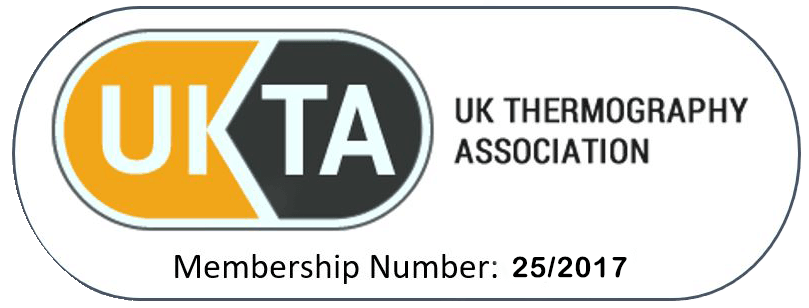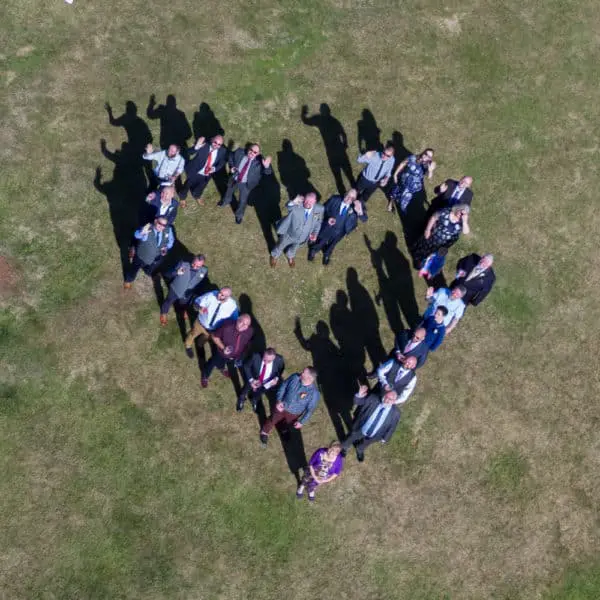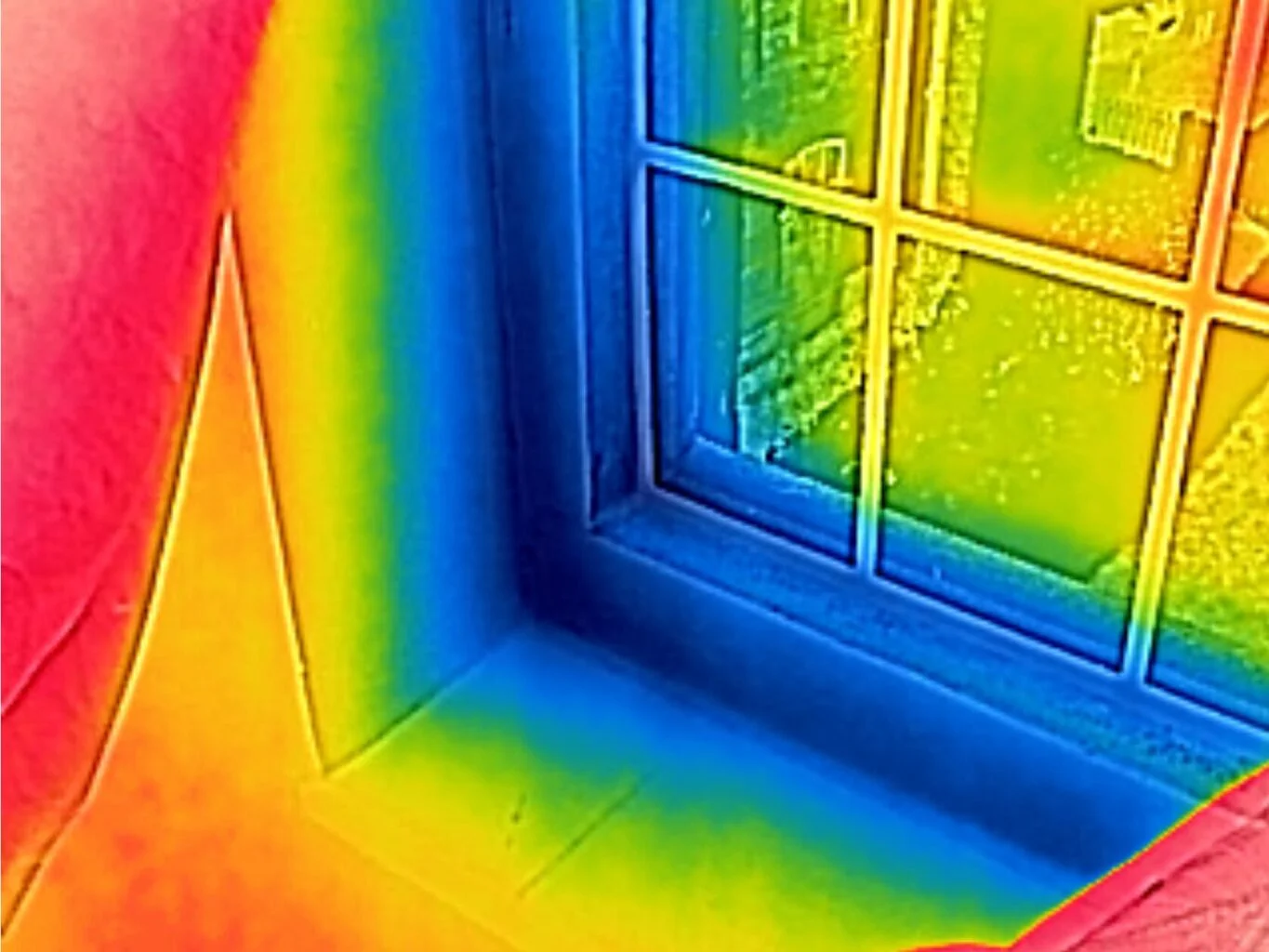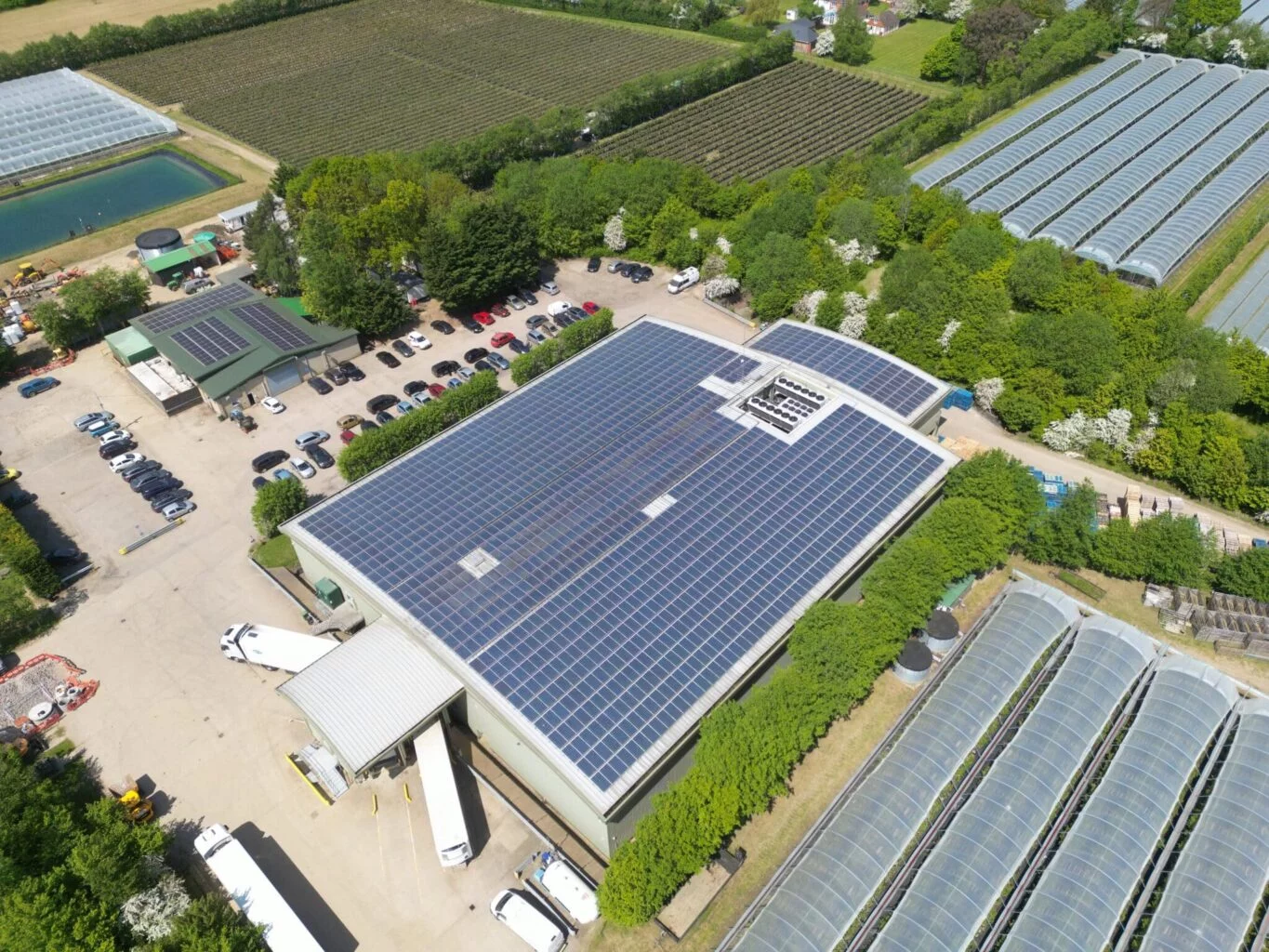
Essential Planning for Springtime Solar Panel Inspection
Essential Steps for Springtime Solar Panel Inspection
with Thermal Imaging Drones
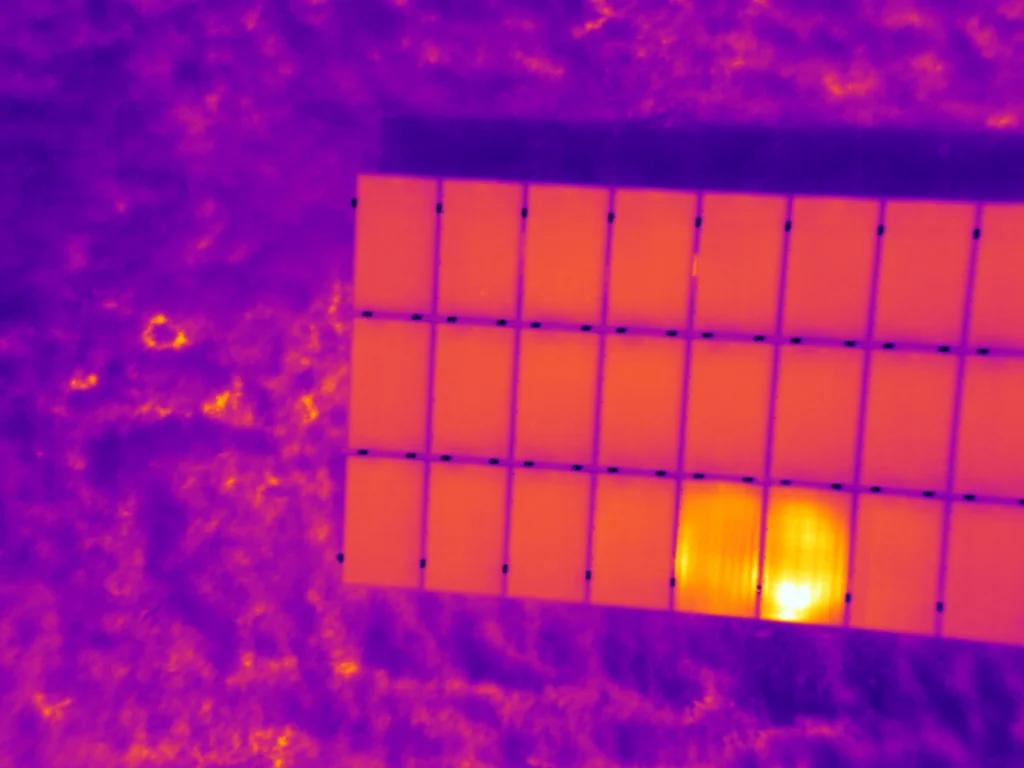
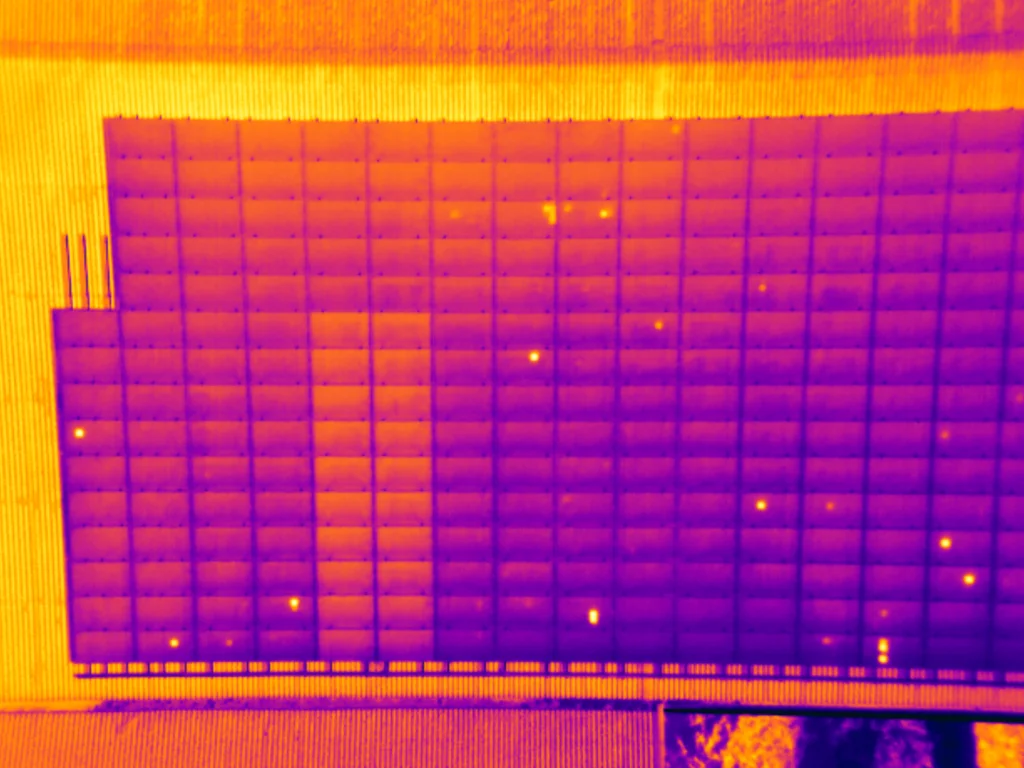
Understanding the Importance of Springtime Solar Panel Inspection
Springtime is the perfect season to inspect your solar panels. After the harsh winter weather, it’s crucial to ensure that your solar panels are in optimal condition to harness the sun’s energy efficiently. According to the UK’s Department for Business, Energy & Industrial Strategy, solar power contributed to 5% of the country’s total electricity generation in 2023. This figure is expected to rise as more households and businesses adopt solar energy. Therefore, regular inspection, especially after winter, is essential to maintain the efficiency of these panels.
Solar panels are exposed to various elements, including snow, ice, and debris, which can affect their performance. A study by the University of Cambridge found that even a small amount of shade or dirt on a solar panel can reduce power generation by up to 50%. Therefore, springtime inspections are crucial to identify and rectify any issues that may have arisen during winter. Moreover, regular inspections can help detect potential problems early, saving you costly repairs or replacements in the future. The Energy Saving Trust estimates that well-maintained solar panels can last up to 25 years, making them a worthwhile investment. Lastly, regular inspections ensure that your solar panels are safe. Damaged panels can pose a fire risk, making inspections a critical safety measure.
The Role of Thermal Imaging Drones in Solar Panel Inspection
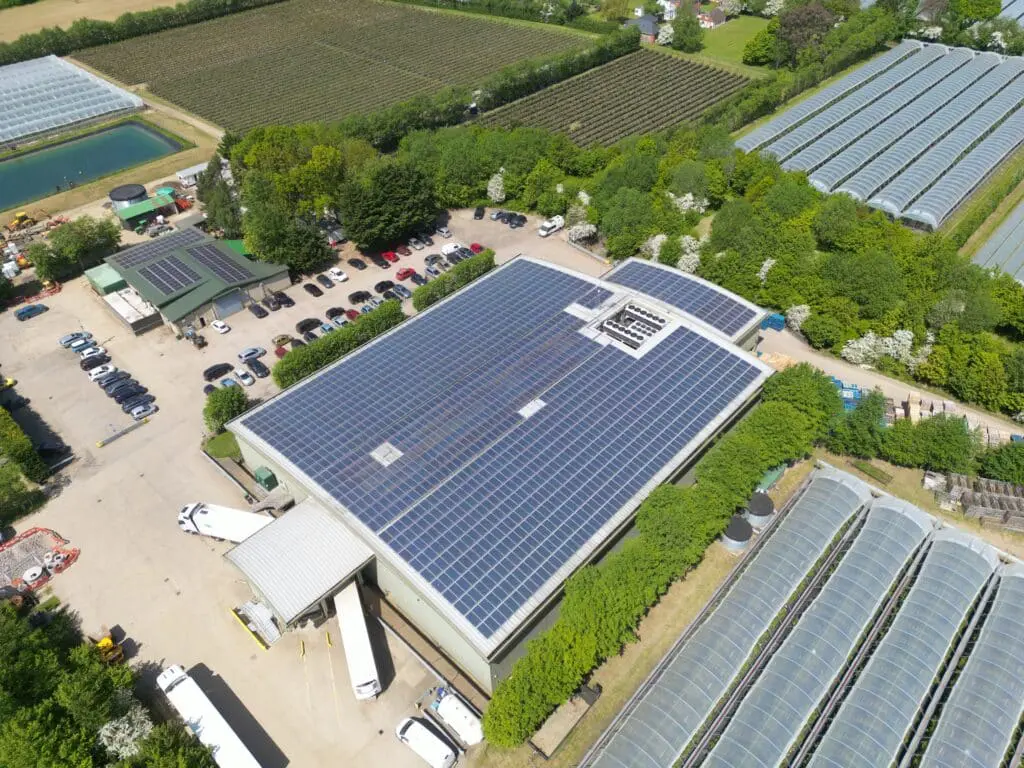
Thermal imaging drones have revolutionised the way we inspect solar panels and is the now the gold standard technique for initial inspection of performance. These drones use infrared technology to detect heat variations and thermal gradients, which can indicate potential issues with your solar panels. For instance, a hot spot on a panel could suggest a malfunctioning cell, while a cooler area might indicate a shading or dirt issue. By identifying these issues early, you can take corrective action to ensure your panels are working efficiently.
Thermal imaging drones offer a safer, faster, and more accurate way to inspect solar panels compared to traditional methods. They can cover large areas quickly, making them ideal for inspecting commercial solar farms. According to a report by PwC, drones are expected to take over 30% of routine inspections by 2024, highlighting their growing importance in this field. Thermal imaging drones can access hard-to-reach areas, reducing the risk of accidents. They also provide detailed images and data, allowing for a more thorough analysis.
Conducting a solar panel inspection with a thermal imaging drone involves several steps. Most importantly, you need to utilise a certified thermographer and drone pilot who will plan your inspection correctly. This includes checking the weather forecast, as it is a requirement for +600 w/m2 of Sun and no precipitation for ISO standard solar panel inspections. It is also important the correct professional equipment is used, speicifcally a thermal camera with the correct resolution and thermal sensativity.
Springtime solar panel inspections are crucial to ensure your panels are working efficiently and safely. Thermal imaging drones offer a safer, faster, and more accurate way to conduct these inspections. By hiring a qualified Thermographer and Drone Pilot, you can ensure your solar panels are ready to harness the sun’s energy this spring.
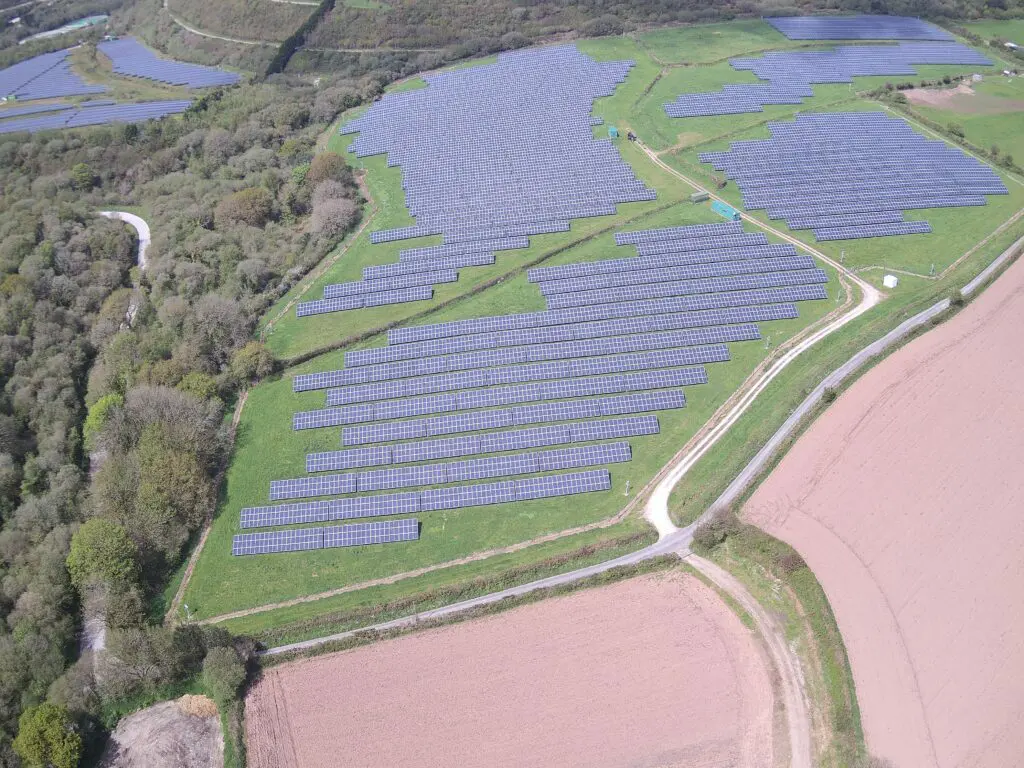
IEC Solar Inspection Services
Ready to ensure your solar panels are in top shape this spring? Contact us today for a professional solar panel inspection using thermal imaging drones.
We are certified thermographers, experienced in solar panel inspection to IEC standards. We can complete both the structured and compliant data capture through to the formal inspection report. As approved drone pilots we work throughout the UK to provide both aerial and ground based thermography services. Fully insured and certified by the CAA with enhanced permissions for day and night time flights
Expert Infrared Inspections for Accurate Thermal Assessments
Need professional thermographic analysis for your project? Our certified experts use the latest infrared technology to deliver precise results. Contact Drone Media Imaging today for expert thermal imaging services.
related posts
As winter's chill recedes, the optimal period for building thermography is ending. This technology relies on temperature differences to detect energy inefficiencies. With spring's arrival, these disparities diminish, making it harder to identify problem areas. Act now to ensure your building's energy efficiency before the seasonal window closes.


